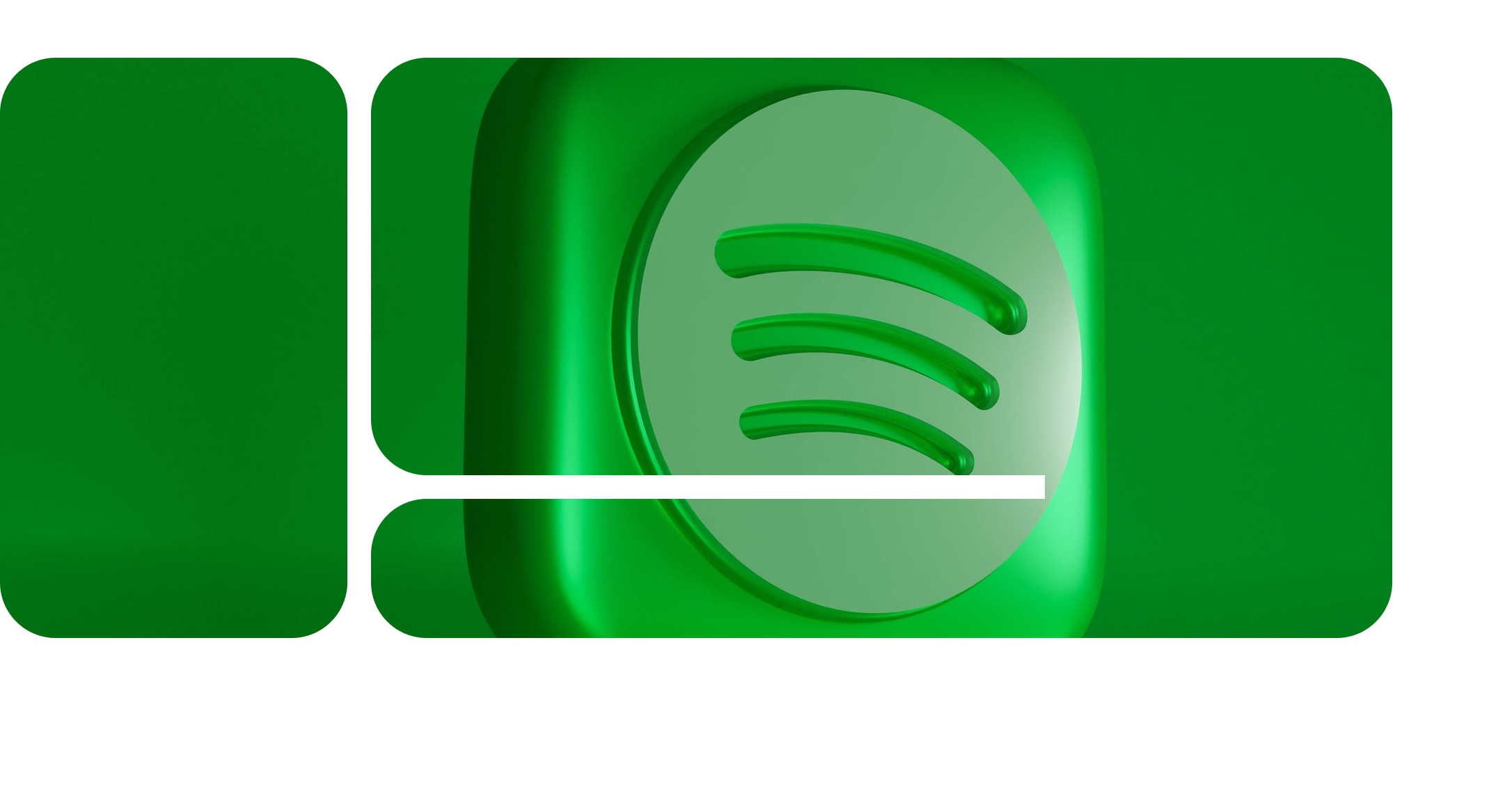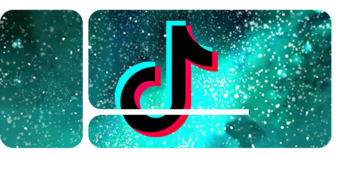Industry Groove – Week 25

Unless all relevant music industry news channels have copied a false report from each other, a new, more expensive Spotify subscription will be introduced sometime this year. In the second half of 2023, a package called “Supremium,” at least internally referred to as such by Spotify, should be available, offering not only HiFi quality but also access to audiobooks.
While it is commendable that Spotify is adjusting its pricing and aiming to provide better sound quality, there are still some concerns. It is questionable whether this will appease the growing number of voices demanding price increases. Shareholders, who desire higher revenue and a more profitable company, are unlikely to be thrilled either.
Additionally, it remains to be seen whether the package will truly offer enough to persuade users to switch to a significantly more expensive subscription or attract new customers. In the worst-case scenario, it could even have the opposite effect, as, based on current knowledge, the only benefit for those uninterested in audiobooks would be the improved sound quality. However, various other providers like Apple Music and Amazon Music offer this without an additional cost. Thus, Spotify might be giving users another reason to switch to the competition.
Is Spotify launching the Supremium plan?
- As mentioned in the intro, Bloomberg and numerous other media outlets report that Spotify will be launching a new subscription called “Supremium” this year. Spotify currently neither confirms nor denies this.
- Screenshots circulated in October of last year showing that Spotify was testing a more expensive premium subscription, which would also include the long-awaited and overdue HiFi offering.
- According to media reports, the pricier subscription is said to offer access to HiFi quality and audiobooks. It is unlikely that users would have unlimited access to all audiobooks, but rather a specific number of books or a certain number of hours per month.
- As Music Ally correctly points out, it will be interesting to observe how the revenues from these subscriptions are divided between musicians and audiobook authors.
- It is currently unclear whether the features announced in the fall, such as Studio Sound, Headphone Tuner, Audio Insights, Library Pro, and Playlist Pro, will still be part of the offering.
- Rumor has it that the subscription will be launched in the US in October, and even earlier in other markets. The price is currently unknown, as well as everything else, including whether the new subscription will even be introduced. I will keep you updated!
- Additionally, Spotify has given its desktop app an update, aligning it with the mobile version. Interestingly, my library has looked like this for weeks, if not months. It seems that I was part of the testing group for once.
Reaching Fans Directly with “Channels” on Instagram
- For many musicians, it is becoming increasingly important to connect directly with their fans. Therefore, having tools at their disposal to reach as many fans as possible with ease is significant.
- Instagram will be globally rolling out such a tool called “Channels” in the coming weeks, after testing it with only a few influencers thus far.
- Channels are essentially groups where only the creator of the group (i.e., the artist) can post content, while other participants (i.e., the fans) can only react to these posts.
- You can post text, photos, videos, voice messages, and polls.
- According to an announcement by Mark Zuckerberg, this tool will also be expanded to the Facebook Messenger in the near future.
YouTube eases requirements for monetization
- It’s no secret that TikTok has become a serious competitor to YouTube. It’s a battle taking place on various fronts, and one of the challenges is undoubtedly attracting important creators and influencers.
- YouTube’s latest move can certainly be understood as an attempt to address this challenge. YouTube is lowering the requirements for content monetization.
- To gain access to the YouTube Partner Program, one now needs a minimum of 500 subscribers (previously it was 1,000), at least 3 public uploads in the last 90 days, and either 3,000 watch hours (previously 4,000) in the past year or 3 million short views (previously 10 million) in the last 90 days.
- Meeting these requirements doesn’t automatically grant access; one must apply for it. Once access is granted, creators can utilize features such as Super Chat, Super Thanks, Super Stickers, set up Channel Memberships, and use the Shopping feature.
- Initially, these new requirements only apply to creators in the US, Canada, UK, Taiwan, and South Korea. However, they are expected to be expanded to all YPP eligible countries throughout the year.
- The requirements for video monetization to receive a share of advertising revenue and premium subscriptions, on the other hand, have not changed.
Bonus Reads
- This article by Cherie Hu on ethics and opportunities for creativity is one of the most intelligent pieces I have read on the topic of AI. However, one should set aside some time to fully engage with it…
- For a somewhat rusty institution, the Grammy Awards have surprisingly reacted quickly and established guidelines for dealing with AI-generated music. It is clear that a song created entirely by AI will not be eligible to win a Grammy. However, a combination of human and machine is permissible as long as the human contribution was significant.
- HipHop has dominated the commercial scene in recent years, but so far in 2023, no rap album or song has reached the top of the US charts. Billboard is investigating the reasons behind this phenomenon.
- It is foreseeable that the numbers of streaming subscriptions will soon stagnate in many countries. Some are placing their hopes on the baby boomer generation, as there is still a lot of untapped potential there. However, an analysis by Music Watch in the USA now reveals that only 10% of boomers who do not yet have a subscription intend to get one. Therefore, it is highly unlikely that the boomer generation will contribute to a surge, and one can legitimately ask: If not them, then who?
- Here, you can read or listen to how music videos have evolved over the years, both in terms of their style and their significance.











